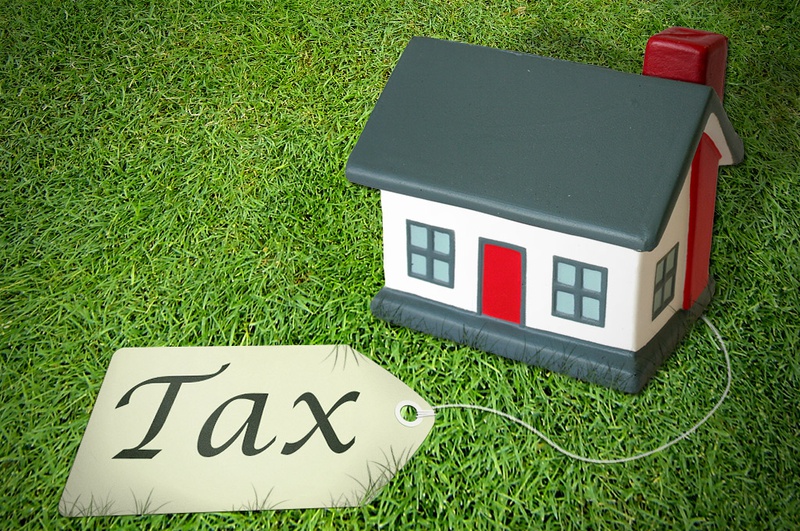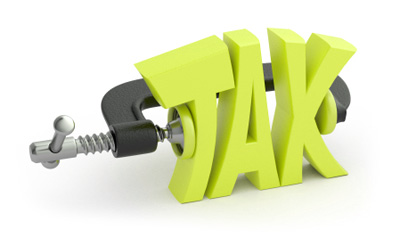
Summer is the time of year when most Americans stop thinking about taxes and get to think about vacations. We all know property tax comes once a year, but there is no need to assume that it is set in stone. According to the National Taxpayers Union, up to 60% of U.S. properties are overpriced. If you think your house is one of these and you’re paying too much in property taxes, try to understand the process and fight the money back. As the average property tax bill for 2016 rose around 2,4-3,9% from 2015, imagine how much money you waste. So there are some simple steps to take to have a clear understanding of your property tax and lower it, as needed. Remember, that most jurisdictions give you 90 days to appeal, but some close the appeals window after 30 days. From thousands of people, 20-40% win lower assessments. Let’s see how you should act to succeed.
Clearly understand the process
There is also note where and who to contact if you think the assessment is not right. Check how you should appeal and all other related details. Be careful not to miss the window for making your protest, as in some areas this period is 6 weeks and in others only two weeks. Make sure, to make your case on time and not leave it till next year. As soon as you receive the assessment in the mail, find all necessary info and make an appeal. Actually, this is one of the best ways to lower your property taxes.
Study your property tax card
Know, that you can request to view or get a copy of your property tax card. Just go to the local assessor’s office and ask for the information you need. In your property tax card, there is so much information about your property, which the town has gathered over time. The card may also be available online. This contains the number of bedrooms and bathrooms, whether there is a basement or not, the number and type of fixtures in your home and any improvements you have made. All mentioned points, as well as square footage, determine your home’s assessed value. According to the National Taxpayers Union, some errors here are more common than you can imagine. The total square footage, the number of bedrooms could be indicated incorrectly. So, just take the card and examine it very carefully. This kind of errors might be corrected right away shortly. No one can disagree with you if you have only 2 bedrooms and the card shows you have 3 or 4. This point may really sound laughably simple, but mistakes are really so common. Don’t hesitate to check.
Avoid building
Did you know that any structural changes to your home or other property will dramatically increase your property taxes? It may be a deck, a pool, a small outdoor kitchen or any other permanent fixture. Don’t build! Or, before you build consult the local tax department to investigate how much your new building will cost and understand if you really need it.

Know your neighborhood
Know and size your neighbors. When it comes to property taxes, similar houses in your neighborhood should be paying as much as you do. If you find out that Smiths have a house quite like yours, still they are paying much less in property tax bills, than your house is over-assessed. Compare property cards of several homes with same square footage and number of rooms. All this information is available to the public. Check how their assessments line up with yours. If you find any discrepancies, there probably is an error. Make an appeal and get a reassessment.
Present your case
In some areas you are allowed to email your packages and others require you to make your case in person. If you believe your property is over assessed, gather all documents that support your case. After, have it in written form along with a statement to explain why you think the evaluation is not accurate. When you file a formal appeal, you will be asked to wait from 2 up to 4 weeks. Your appeal will be reviewed. If you don’t get the wanted answer, just take your case to court. Keep in mind, that sometimes you may spend more money during this process, than if you paid the taxes as is. Consider all court payments and be sure the court fees outweigh any potential reduction in property taxes.
Limit curb appeal
Tax assessors have a set of guidelines when it comes to the actual evaluation process. Still, it is natural, that assessment may contain a certain amount of subjectivity. If your home is more attractive, your property tax bill might be higher than comparable houses with less attractive curb appeal. In the evaluation process, your home is being compared with other houses in your neighborhood. If it is possible, do not make any physical improvements to your home until the assessor comes and checks your house. Despite selling a home, when any small improvement may go a long way, add value to your home and sell fast, here you should avoid those steps. Any cosmetic alternations to your home will reflect in a higher assessed value and make to pay higher property taxes.
Do it on your own
Unlike other real estate transactions, when professional help is a must, here we have quite another picture. Sure, there are many professionals, including real estate agents, attorneys, consultants and appraisers, who will be happy to help and get high commissions. In an interview, the NTU president Pete Sepp mentioned, that there are at least two reasons why one should go it alone. First, they take too high commissions. And you will not save money even if your case is closed successfully. Even if they save you a lot of time and energy, they will charge up to 50% of your first year’s reduction. Second, he says, that most appeals boards are more likely to lower the bill when the homeowners represent themselves without any third party.
By: Hermine Aslanyan
Additional Valuable Resources:
How To Appeal Your Property Tax Valuation by Paul Sian
How to Challenge High Property Taxes by Maximum Real Estate Exposure, Bill Gassett
How to Lower Your Property Taxes by Joe Samson
LOWER MY PROPERTY TAXES by House Hunt
…Did I Miss Something? What Would You Add?
____________________________________________
Be a FRIEND: Share This!
